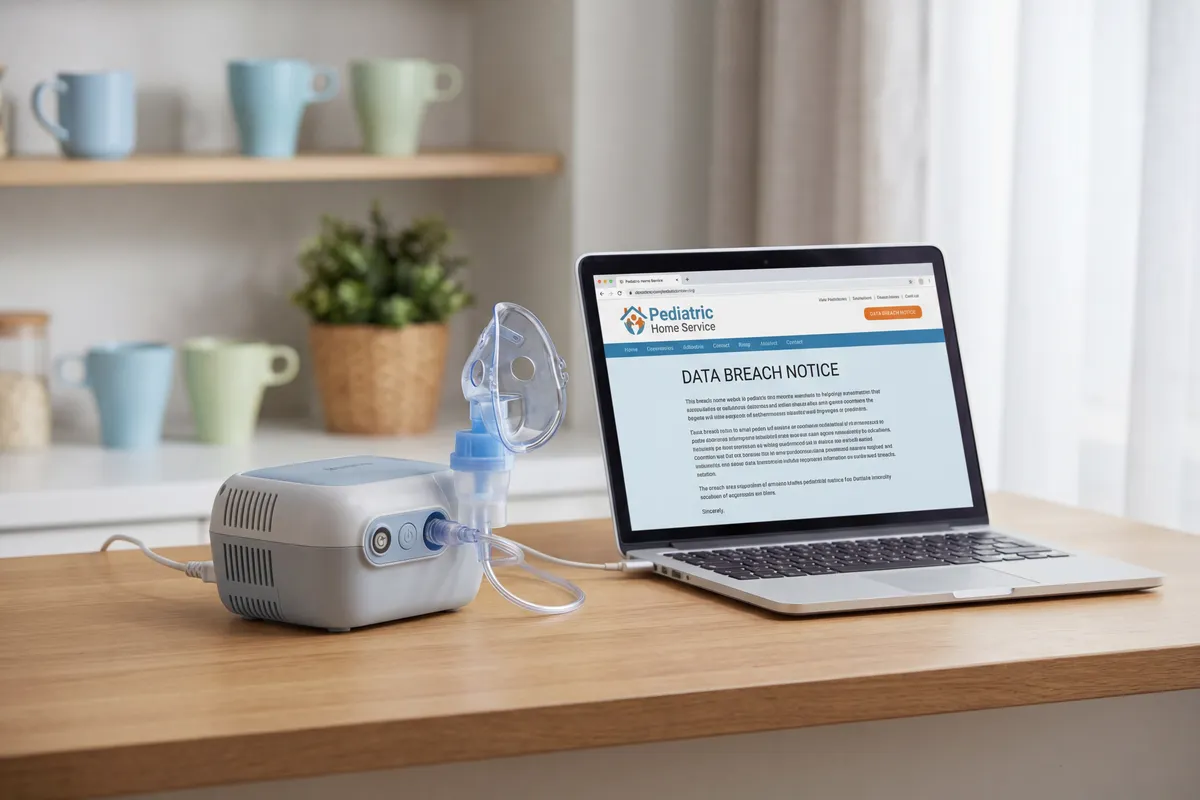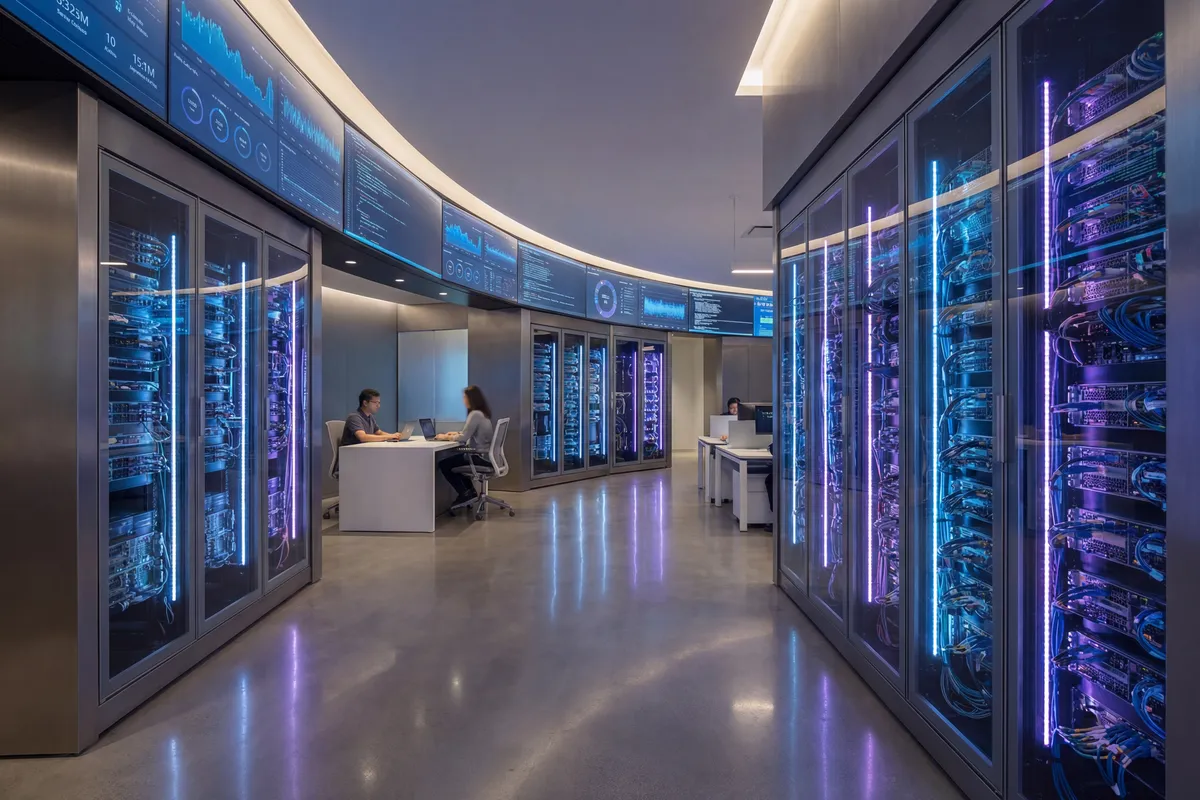Baltimore Medical System Data Breach Exposes Sensitive Info

Baltimore Medical System, the largest Federally Qualified Health Center (FQHC) in Maryland, experienced a major cyberattack. On Sept. 16, 2025, the organization was listed as a victim of the Brain Cipher ransomware group on the dark web. According to the threat actor’s posting, sensitive data belonging to the organization was exfiltrated and published on the group’s Tor-based leak site.
This type of data breach often exposes both personally identifiable information (PII) and protected health information (PHI). Compromised information may include names, contact information, dates of birth, Social Security numbers, driver's license copies, health insurance information, medical records and payment information.
The total number of affected individuals has not been released but is believed to include several thousand patients. This type of cybersecurity incident increases the risk of identity theft, fraud, and other malicious uses of the leaked information.
Baltimore Medical System's response
Baltimore Medical System is working to identify all impacted individuals and the scope of data involved in the data breach.
Those who may be affected by this breach should remain vigilant for signs of identity theft or fraud. It is recommended to:
- Carefully review any notice or communication you receive from IMDataCenter or a company that does business with IMDataCenter.
- Monitor financial accounts and credit reports for signs of identity theft.
- Consider placing fraud alerts or credit freezes with the major credit bureaus.
- Be cautious of unsolicited emails or phone calls requesting personal information.
For more information about the healthcare organization, visit the Baltimore Medical System official site.
 Names
Names Social Security Numbers
Social Security Numbers Dates of Birth
Dates of Birth Addresses
Addresses Government IDs
Government IDs Medical Info
Medical Info Financial Info
Financial Info- Affected information types not yet disclosed

.webp)
.webp)
.webp)

.webp)
.webp)
.webp)
.webp)
.png)












.svg)